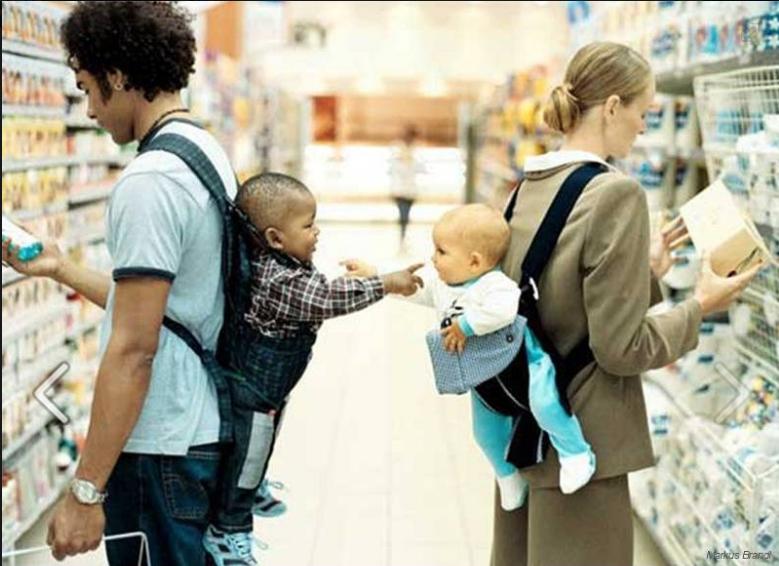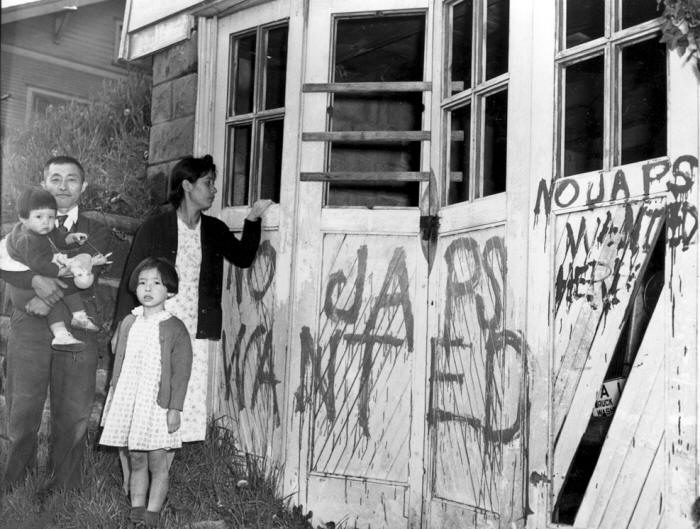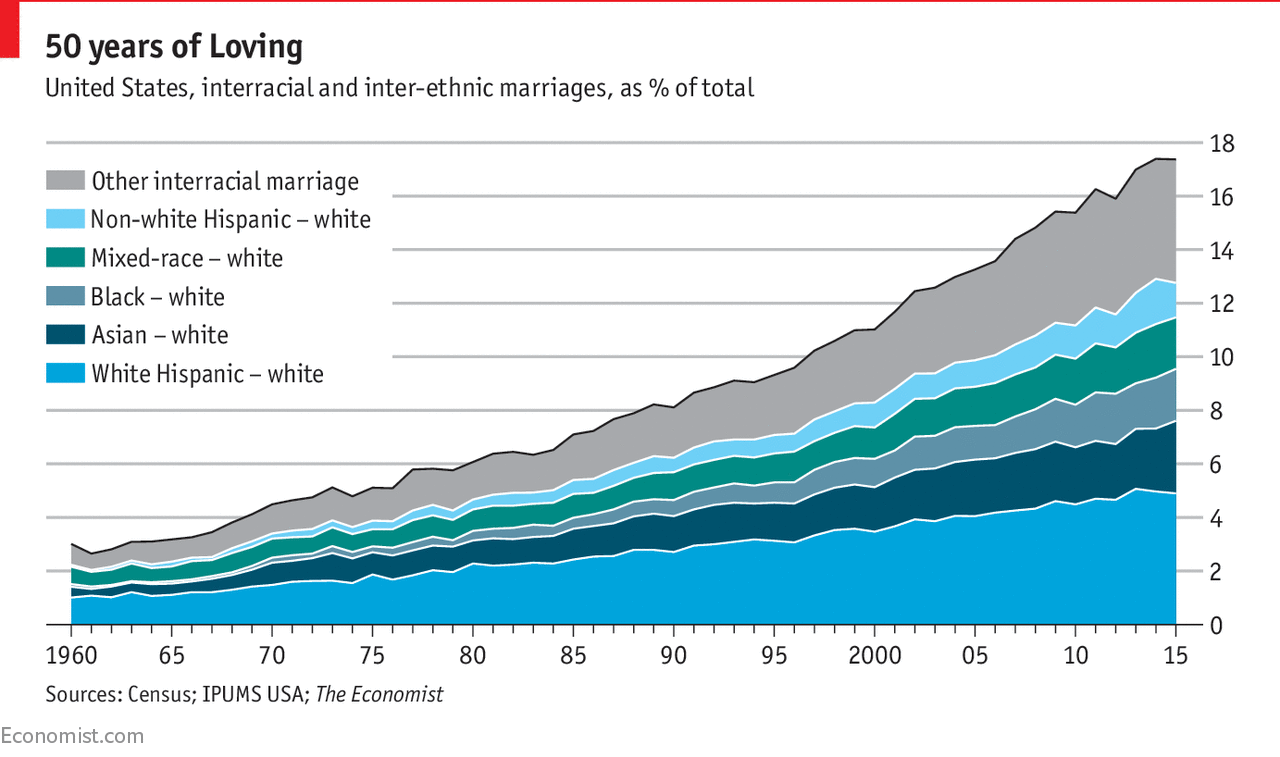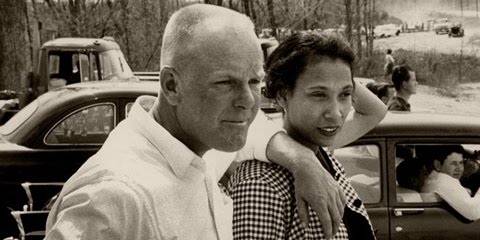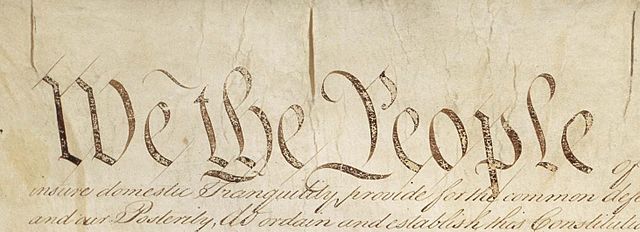Racism might be the ultimate sign of ignorance. It’s like an epidemic that should have been wiped out in this day and age. Think about what was considered acceptable thinking about a century ago. There was a time where drilling into skulls (Trepanning) was an accepted medical practice to let out evil spirits. Today, we consider that rather stupid. I mean, sure we’ve made some significant strides since the Ku Klux Klan was formed, but most would agree that isn’t enough.
So the question I ask today is… what can we do to make these changes happen faster? The way I see it is we can either ignore the problem – or we can talk about it. Because whether you realize it or not talk is not cheap. In fact, it is the catalyst for just about every great moment that has been – and is still waiting to be – achieved.
We are not born with a racist gene. It is the result of upbringing, whether that’s influence by family, friends, or another source is the cause that allows this virus to continue to spread. Consider this for a moment – if we did not have skin, we would all look pretty much the same. How is it that such a trivial point can influence opinion?
We are not cured of it. And it’s not just a matter of it not being polite to say ‘n*gger’ in public. That’s not the measure of whether racism still exists or not. It’s not just a matter of overt discrimination. Societies don’t, overnight, completely erase everything that happened 200 to 300 years prior.
– Barak Obama, June 22, 2015
Racism in the Media
The media still use the word, racism, as a tool to get more views, clicks, sell more papers or whatever their motive. From Ferguson to Baltimore to South Carolina, the media (ab)uses the issue for their own gain. But whose gain is it really? According to the scholars of Yale University, it is the pocket books of white America who profit from exploiting certain racial stories on the media.
Each media story is often plucked from its roots to make a statement about black America in a way that fits the views of white America. In other words, in a ‘negative light’. What, you say? Think about it: White America is interested in hearing or reading about the problems of black America. We may perceive this coverage to be helpful towards ‘the cause’, but it really only serves to continue to separate the black victims from the white sympathists.
Bad things happen to every race, so it is not the crimes that are prolonging racism – but rather the media that picks and chooses which negative highlights to share with the nation.
Racism in America
America’s shameful roots of slavery are not something to forget. But it shouldn’t be a catalyst for future outrage either. Back in the 19th-century industrialization of America was growing at a rapid pace, and cheap immigrant labor of mostly Chinese was used to build the railroads. Towards the end of the century people started to buy into the idea of the end of Western civilization due to the “Yellow Peril”.
In 1882, the Chinese Exclusion Act was passed to put an end to the Chinese immigration to the United States, and the first time a law was passed that would exclude a major group of people from the nation based on ethnicity and class. It wasn’t until 1943 (Magnuson Act) that the Chinese Exclusion Act was repealed.
During World War II, the Japanese experienced forced internment and incarceration, with the U.S. government ordering the relocation of Japanese Americans in 1942 shortly after the attack on Pearl Harbor. The forced evacuation relocated the Japanese Americans into POW like conditions. It was thought at the time there was a risk of espionage, and anyone with at least one-sixteenth Japanese ancestry was eligible for forced relocation to detainment camps.
Racism might be best described as dehumanizing, and at one time or another, almost all of us are probably guilty of it in some capacity. Depending where you live, there are different degrees that you would have to endure. Kanye West doesn’t believe it exists anymore and calls racism a “dated concept”. I suppose if we all had his money we probably wouldn’t be exposed to it much either.
Most of us are all for free speech, but when it’s used for promoting this kind of shit, there should be a law. As the saying goes, ignorance breeds ignorance.
There’s no individual group of people exempt from such bigotry. Latinos have endured racist remarks from presidential candidates lately. The most notable being Donald Trump, with several inexcusable comments that the media feed off of. It’s kind of a surprise that racism doesn’t fall under defamation. Fortunately for Mr. Trump, or he might just have a class action against him, probably brought forward by Atticus Finch.
Individuals from the Middle East may be the most recent victims of racism. Don’t get me wrong, there has always been a bit of a negative attitude towards the Muslim culture in America, but ever since 9/11 there’s been an out lash towards anyone who even remotely resembles the stereotype. In fact, according to the FBI, hate crimes against Muslim Americans skyrocketed a whopping 1,700 percent between 2000 to 2001 (Anderson, 2002).
So it would seem that racism can be learned and it can also be driven by a superficial fear that has manifested itself into a cycle of hatred. In other words, perhaps the most important question is: how can one small group of Muslim extremists have the power to alter the public’s perception of an otherwise peaceful culture?
Researchers are far from uncovering the true origin of hate and racism, but what the University of College London’s Laboratory of Neurobiology suggests is that hate activates the part of the brain used to evaluate and predict the behavior of others. So it would seem that the fear of one individual may very well trigger the brain to evaluate an entire culture… leading to the end result of – hate and racism.
Interracial Couples
It isn’t anyone’s business but the two involved in a relationship. Never-the-less, only a little over 10 percent of the American population thought that interracial marriage should be acceptable back in 1987, according to PEW research. In 2010, more than four-in-ten Americans believed it was a good thing. So I guess you could say this is one of those gray areas where racialism seems to be dying at a quicker pace.
They used to say that love is blind, but today over half of our nation is in agreement with interracial couples, and PEW research suggests one in 9 teenagers are particularly accepting of this. Love seems to be a force that allows couples to see past the superficial differences of our skin and find the commonality of being human.
But love is also a feeling that is reserved for only a special few individuals in our lifetime. If you really want to make a change you need to reach out from a broad source of influence, which I am saddened to say – is really not all that broad.
During the 1950’s a Mildred Jeter became involved with Richard Loving in their teen years in Richmond, Virginia. After Mildred became pregnant, they were married in Washington, D.C. a few years later when she was was 18 years old. When they returned to Richmond, they were brought up on charges of cohabiting “against the peace and dignity of the Commonwealth”. To avoid jail time, they left Virginia and agreed not to return to the state for 25 years. They returned to D.C. and wrote to then U.S. Attorney General Robert F. Kennedy. Contacting the American Civil Liberties Union (ACLU), Kennedy pushed forth Loving v. Virginia which unanimously ruled in favor of Mildred and Richard Loving, and the case ruling struck down all anti-miscegenation laws remaining in sixteen U.S. states. Mildred and Richard later returned to Virginia, where they lived with their three children.
Each June 12, the anniversary of the ruling, Loving Day events around the country mark the advances of mixed-race couples.
While there is more diversity and integration among races in Western society, racial equality now more than ever, it still has a ways to go. Even though it has become law that treatment, opportunity, education, employment, and politics should be equal, regardless of race.
Is Technology an Equalizer?
In 1991, a taxi driver by the name of Rodney King was pulled over by police. What should have been a fairly standard traffic incident quickly turned horribly wrong. King was beaten by four officers, who hit and kicked him, along with using a stun gun. It was fortunate that the whole thing was caught on video by someone across the street woken by the ordeal. The broadcast of the video, along with the fact that the officers involved were acquitted, led to 3 days of riots, looting, arson, and extreme violence across the city of Los Angeles in anger and protest.
Almost as if history repeats itself, the fatal shooting of African-American Michael Brown in the St. Louis suburb of Ferguson by a white police officer re-ignited the conversation about police violence in communities of color, along with creating the Black Lives Matter movement. The video available was a big part of the case.
With smart phones and social media, the sharing and distribution of videos depicting instances of police violence against people of color have only become more common.
We the People
America was built into the great country it is today by immigrants. They have come from England, Ireland, Germany, Africa, China and just about everywhere. Maybe we should stop trying to classify race and try a different approach. In the Constitution, they had the right idea by addressing all as “We The People”. Not along the lines of “some of us, a few of them, but not those guys” or “but not those people”.
There was a recent study that looked at racism in America and analyzed Google data. Within the linked article it contained a reasonable comment which mentions “Traditional survey methods don’t really work — if you flat-out ask someone if they’re racist, they will simply tell you no.”
Racism isn’t a question, it’s an observation or action. And dare I say it, almost everyone of us is likely guilty at some point. Even unknowingly or in the most indiscriminate of ways, it does occur.
While researching I came across another article where the classic Huckleberry Finn had been amended, along with some notable comments;
Racial epithets are inarguably disgusting, but not nearly so disgusting as an institution that treats human beings as property to be beaten, bought and sold. “Nigger” and “slave” are not synonyms by any stretch of the imagination.
It’s safe to say that racism isn’t hereditary, but learned.
Hollywood’s Take on Racism
We’ve learned lots from movies over the years, including movies like To Kill a Mockingbird, Mississippi Burning, American History X, and Crash that have provided… well, a sense of relief. Think about it – when you leave a film that highlights the struggle of black America, you probably feel angry and regretful for what has happened. And then you take a moment and feel pretty good for where the world is today. You say to yourself, “Wow, look how far we’ve come.”
Yeah, that may be true, but it is that exact line of thinking that keeps today’s problems from gaining the attention they deserve. When Hollywood highlights the tyranny of the past, it averts our gaze from the subtle forms of racism that continues to affect our world – including education, employment, and criminal justice. Perhaps these kinds of topics might not be Oscar-worthy, but we should definitely be made aware that there is still much work to be done.
In this commercial from Thailand that refers to the ‘Seoul Secret,’ an actress states that “Just being white wins”.
Asian countries like India, Korea, and Thailand, where a premium is placed on light skin, have robust industries that are built around skin-whitening products. Another ad from Thailand, I’m not sure which is worse.
Over the years it was rare to see other races in tv and film, but things eventually evolved. Now there is far better representation, and even productions catering to races. While it might be for business or marketing purposes, it’s still progress.
But is There Really a ‘Solution’ to Racism?
The only reasonable explanation to change would have to start with education and leading by example. To almost reverse engineer how racism is created in the first place, we must teach our children at an early age. But this shouldn’t be an issue considering that none of us are born a racist, and our closest ancestors to the earliest events of racism should be on the way out. But unfortunately, as we have already talked about – it is taught by poor example, perpetuated through the media and misguided by Hollywood.
But if you would ask Minister Louis Farrakhan, he would tell you that education is not enough to instill the practice of civil rights once and for all. He would say that sometimes desperate times call for real action. The kind of action that involves training thousands of men to stand up as a barrier between inner-city fratricide and police misconduct:
“When we go in our community – to clean it up, guess who we are going to run into? We’re going to run into rogue cops and wicked black people working together to suck the blood of the poor – We’re going to expose all your rogue policemen, ’cause you know where they are, they’re in the Black community.”
-Min. Louis Farrakhan at the 20th Anniversary of the Million Man March
And as much as I agree with Min. Farrakhan, I still believe that we have one trick up our sleeve that we’ve yet to unleash to its fullest capacity – love. Romantic love may be blind to racism, but why not the ‘love’ towards our fellow man. It could be a friend, teacher, neighbor or stranger – We are all social animals by biology, so why can’t we reclaim that side of ourselves. Rather than hide within our close-knit groups, we should drop these walls and rediscover what we humans all have inherently in common – the desire to love and be loved.
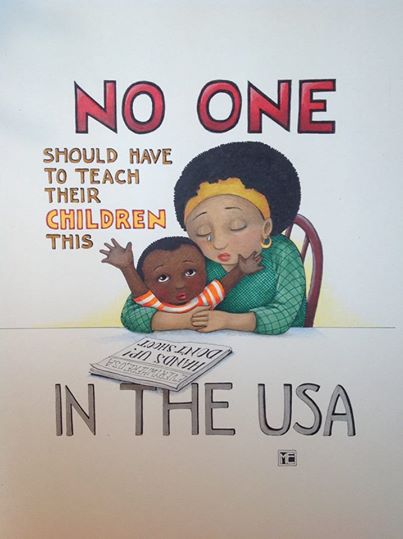
“Hands up! Don’t shoot.” via facebook
“I have a dream that one day this nation will rise up and live out the true meaning of its creed: “We hold these truths to be self-evident: that all men are created equal.”
– Martin Luther King
It’s only fitting that if you have read this far, that you take a moment and watch Martin Luther King’s speech “I Have A Dream”. Even if you’ve seen it before, watch it again. This is probably the most moving speech there has ever been.
Disclaimer – I make no attempt in claiming to understand what others have been through. I’ve had my own experiences, and abhor the idea of racism, what it stands for, and hope we can find a peaceful way to eradicate the hate it brings. Ultimately, let’s hope future generations won’t have to endure it. Where there is a will, there is a way.
